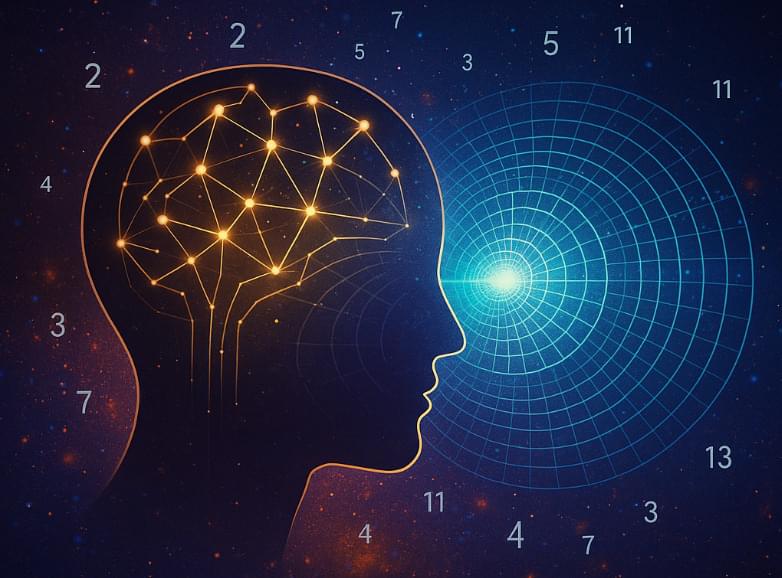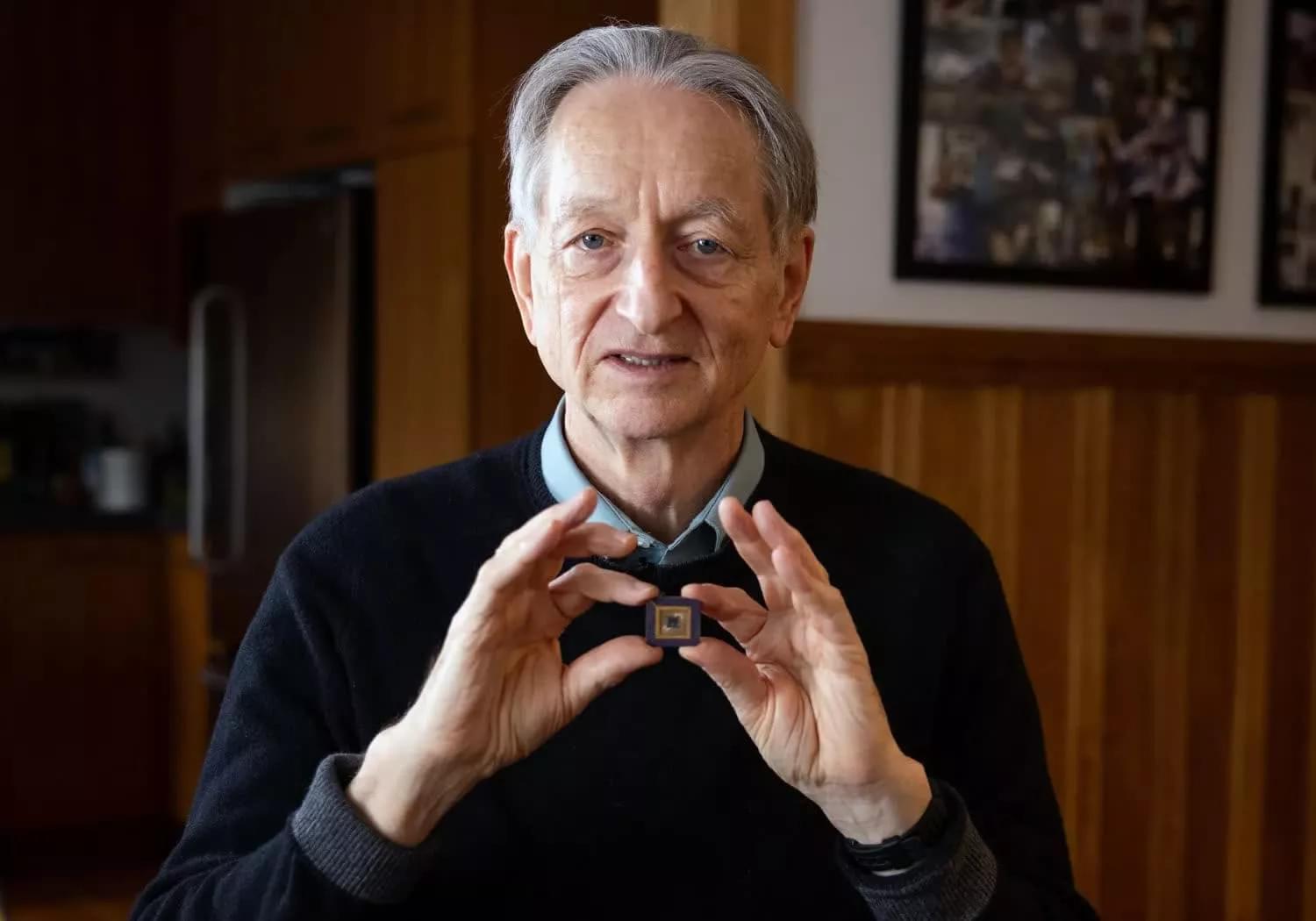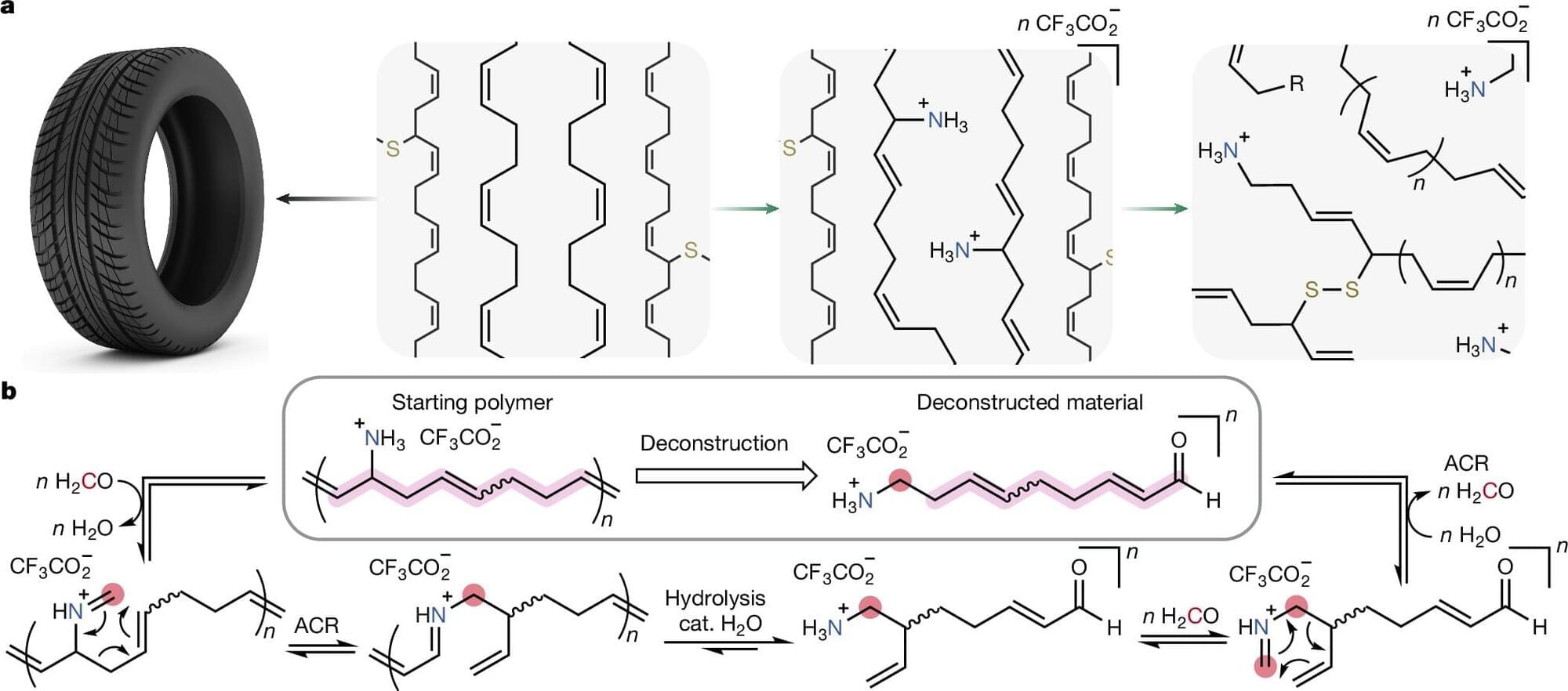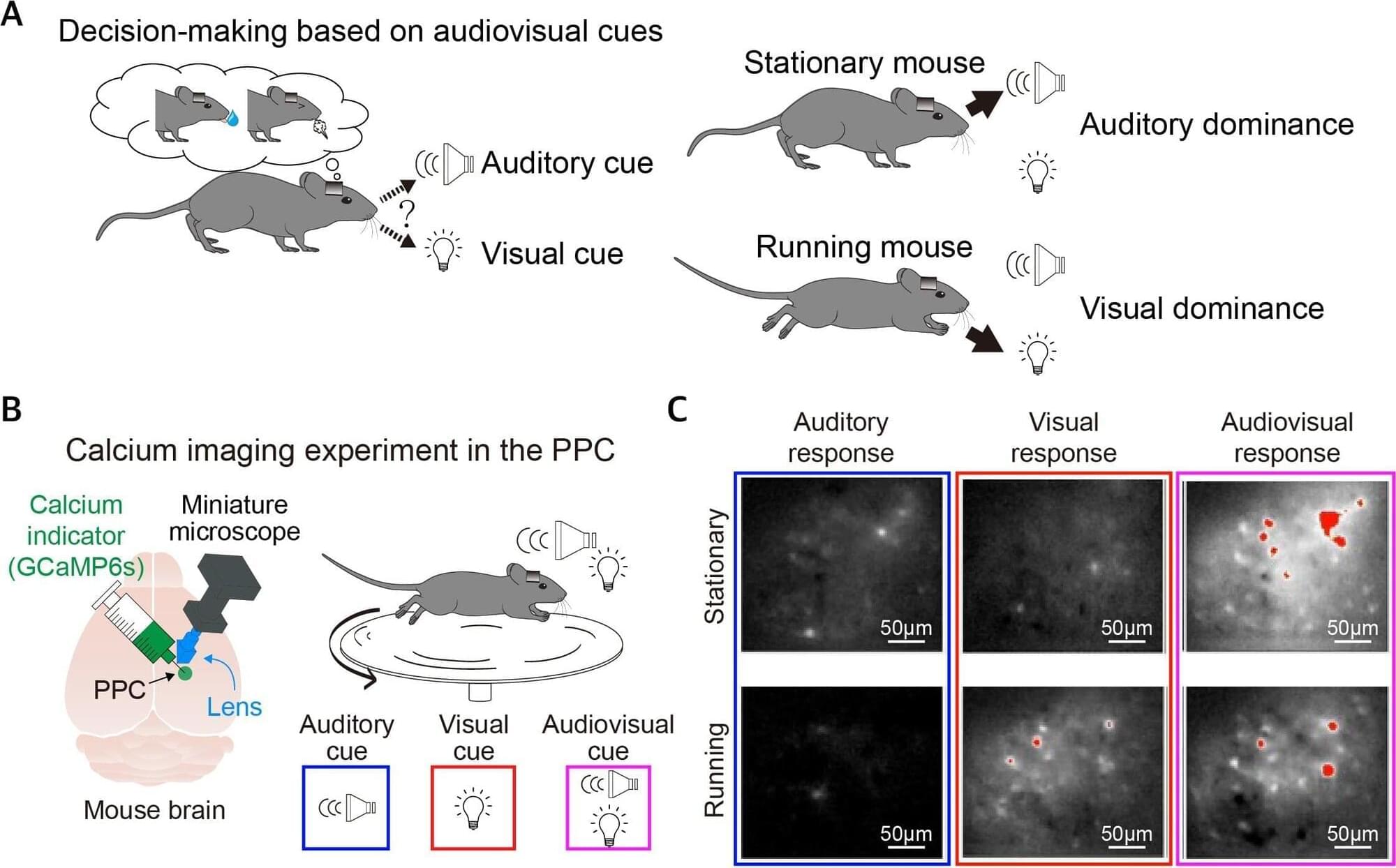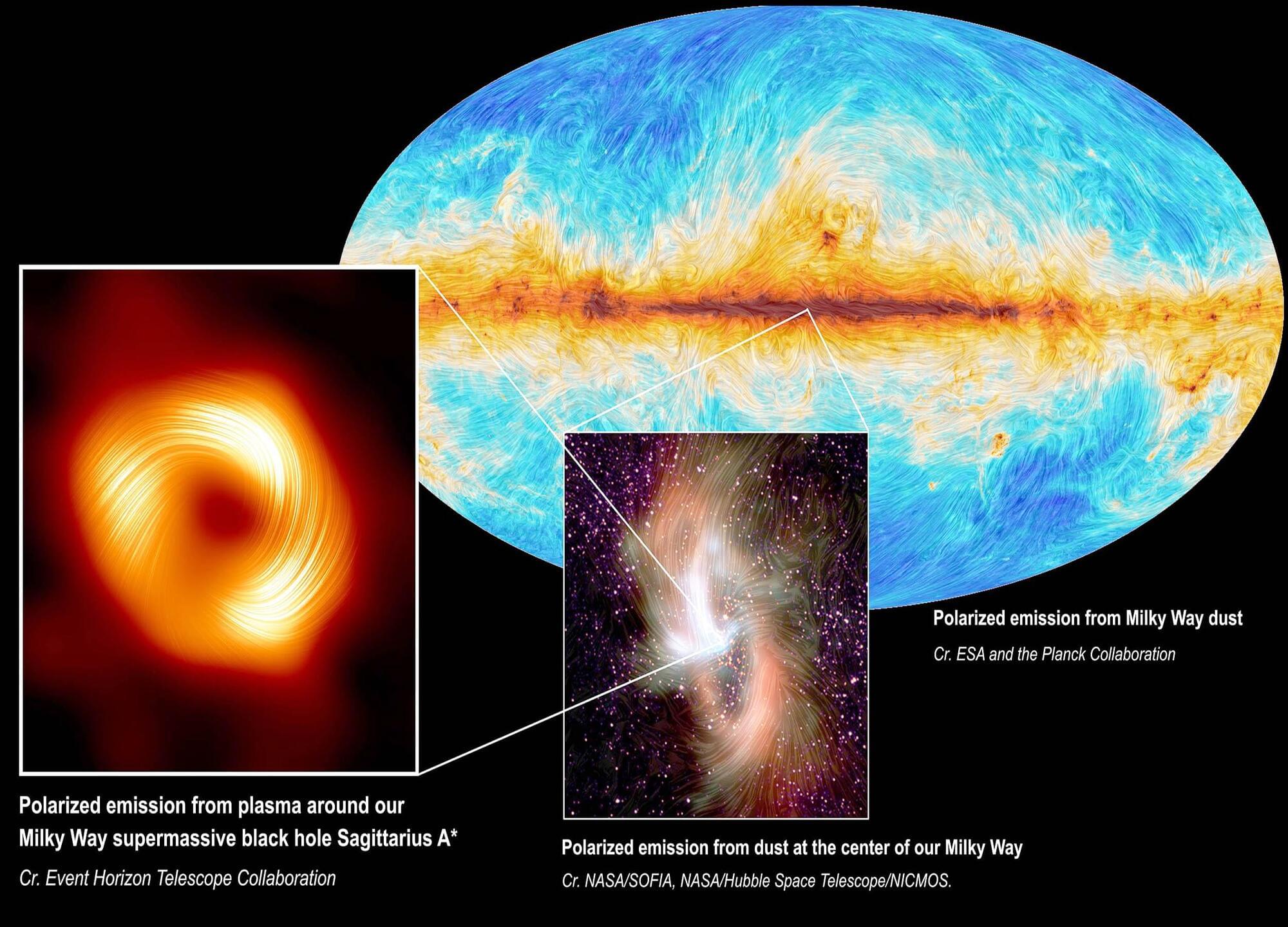There remain many questions — how precisely to test prime resonance coupling in the lab, how to formalize “consciousness” in a rigorous physical sense, and how to harness these insights for breakthrough technologies.
Yet the potential is vast. Non-local communication, quantum AI, and a bold reinterpretation of black holes as ultimate observers challenge us to delve deeper and rethink old assumptions.
The journey forward will require experiments that push the boundaries of quantum measurement, investigate subtle anomalies in tunneling and interference, and refine our understanding of how consciousness might operate as an entropic conductor.
